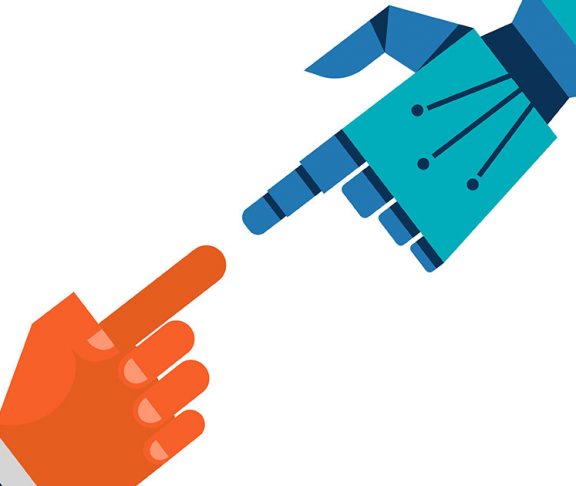A conversation with the Rashmi Vittal, chief marketing officer of Conversica, which creates virtual assistants, on how artificial intelligence (AI) and other automated software is helping sales and marketing teams during the economic downturn brought about by COVID-19.

Rashmi Vittal
Chief Marketing Officer, Conversica
How have you seen AI and automation help to tackle some of businesses’ biggest challenges during the ongoing pandemic?
Many companies faced budget cuts due to the pandemic and ensuing economic downturn. As a result, many organizations were forced to reduce their workforces. Unsurprisingly, this put greater pressure on the remaining staff to complete tasks and drive revenue.
Luckily, it doesn’t have to be this way. Technologies like AI help augment revenue-generating teams (like sales, marketing, and customer success) by automating redundant tasks. This alleviates much of the pressure put on your employees, so they can focus on high-value tasks like building relationships with customers or closing deals.
By leveraging an augmented workforce powered by people and intelligent automation, businesses optimize their sales funnel, scale their operations, and generate revenue to keep things moving even during the toughest times.
Where are you seeing AI make the biggest impact in sales and marketing?
Artificial intelligence helps sales and marketing teams do what they do best. By offloading monotonous, yet important, tasks onto an AI, business professionals are able to spend their time where it can do the most good. For example, by using an AI solution to deliver two-way, personalized messages at scale to discover which leads are hot or not, marketers and salespeople can focus on developing thoughtful campaigns or talking to prospects.
So, in a way, the big impact is two-fold. AI helps scale sales and marketing teams internally and deliver an optimal customer experience externally.
In your own opinion, what is the most important lesson COVID-19 has taught us about sales and marketing?
Get authentic or get left behind.
It’s all about authenticity. If canned emails and impersonal customer communications weren’t working for us before the pandemic, they are completely obsolete in a post-COVID world.
It didn’t take long for leads and customers to tire of emails from strangers reading “Hope you’re doing well in these trying times.” Customers are demanding more authenticity from brands than ever before. And it’s imperative for sales and marketing teams to adapt and provide custom, genuine experiences from the first touch to conversion.
What is an intelligent virtual assistant? How can companies leverage artificial intelligence and intelligent virtual assistants to make their outreach more efficient?
An intelligent virtual assistant is exactly what it sounds like — an assistant. It’s an extra pair of virtual hands to help marketers and salespeople get their jobs done.
Intelligent virtual assistants can autonomously carry a conversation across multiple channels without any heavy lift, scaling personalized outreach to prospects and customers without adding additional resources. They can qualify leads, schedule meetings, and update your CRM without human intervention. Traditional, disconnected email and chatbots are only able to do what a business professional tells them to, sending scripted messages and operating off of pre-defined playbooks. Intelligent virtual assistants can independently conduct conversations across website chat, email, and SMS, comprehending responses and crafting messages that determine the next best action with no micromanagement required.
This offers enormous help to marketing and sales professionals who cannot scale their activities and time in the same way as an intelligent virtual assistant.
What
is the single most effective way businesses can begin to create a winning sales
and marketing strategy in the coming months?
Creating a winning sales and marketing strategy in 2021 starts with embracing a
digital-first strategy and creating consistency. Not only are digital marketing
campaigns pertinent to success in today’s environment, but the workforce is
also digital and distributed and it will continue to be. Ensuring consistency
in sales outreach, funnel management, and throughout the sales process will be
one of the most sure-fire ways to maintain sales productivity, increase return
on digital marketing spend, and ultimately continue to drive revenue for your
business.

